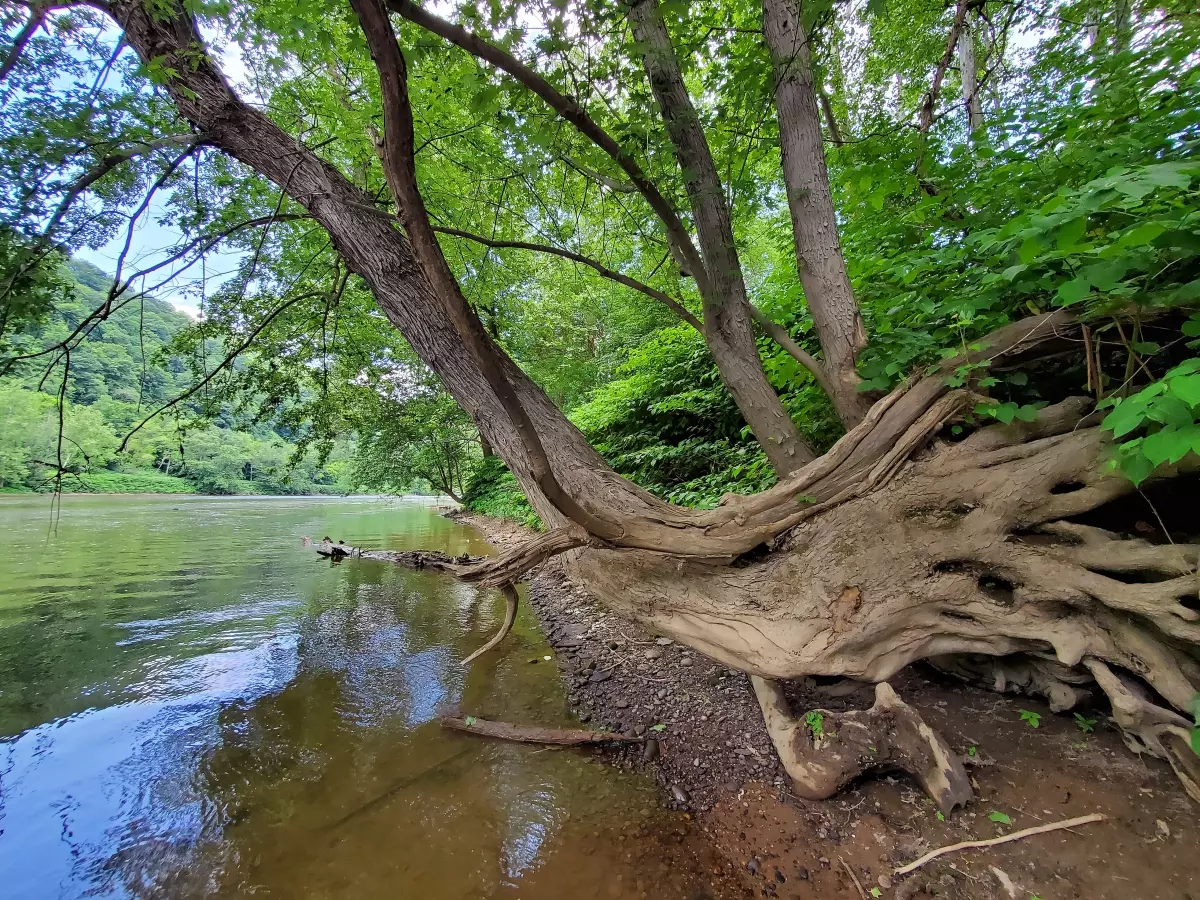West Virginia is one of 14 states to receive a new round of funding to plug orphaned wells on federal lands.
The nearly $64 million from the U.S. Department of the Interior will clean up about 300 sites nationwide, including nine in West Virginia.
“Decades of drilling have left behind thousands of non-producing wells that now threaten the health and wellbeing of our communities, our lands, and our waters,” said Interior Secretary Deb Haaland. “This funding will put Americans to work in good-paying jobs, while also fueling collaboration across a broad coalition of stakeholders and engaging communities to work toward sustainable stewardship of the nation’s treasured lands and waters.”
The West Virginia sites are part of the Ohio River Islands National Wildlife Refuge. The refuge consists of 22 islands and four mainland areas along 362 miles of the river, most of it in West Virginia.
Migratory birds and endangered mussels are a priority for protection in the refuge, which is also part of one of the nation’s busiest inland waterways.
The remediation work helps stop fugitive methane from entering the atmosphere. The greenhouse gas is 25 times more potent than carbon dioxide.
Some pre- and post- plugging work will also be done in the Monongahela National Forest.
